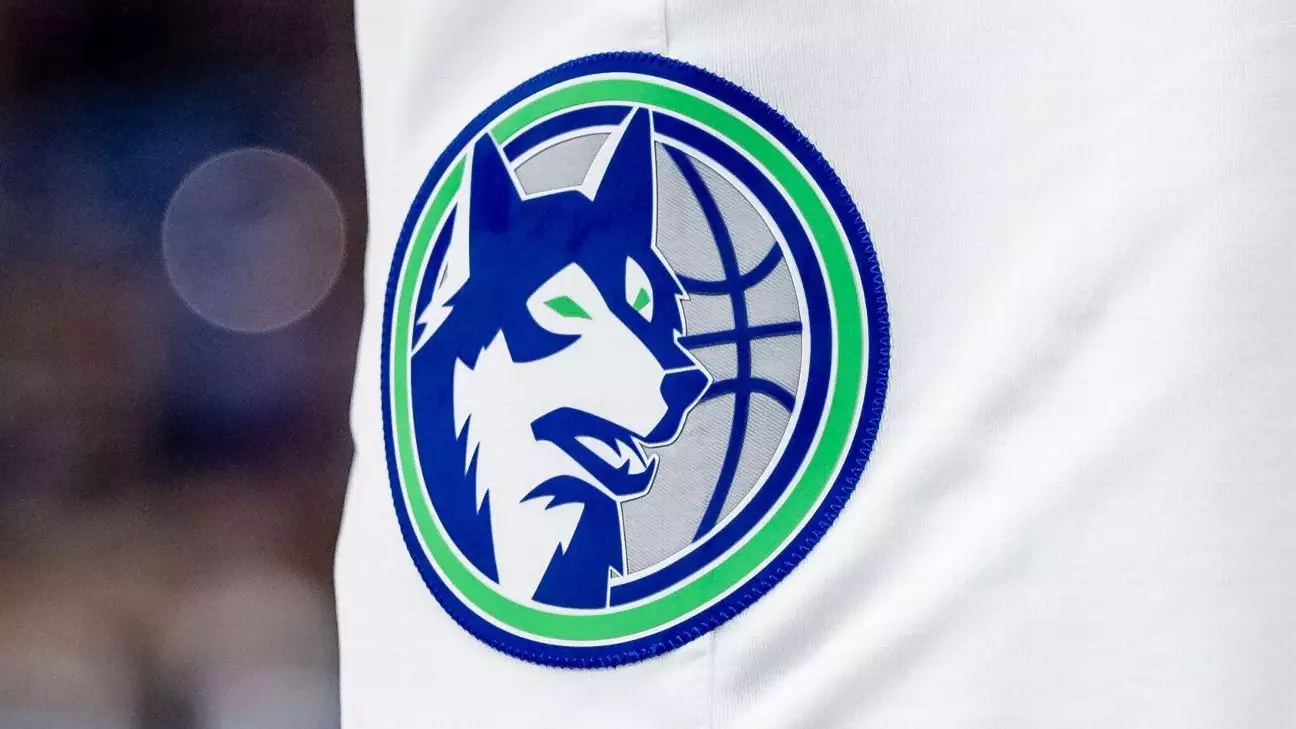The Minnesota Timberwolves have been thrust into a spotlight of ownership turmoil, a situation that has culminated in a crucial arbitration ruling in favor of prospective owners Marc Lore and Alex Rodriguez. This decision has set the stage for a decisive board of governors vote among NBA owners, which could either solidify Lore and Rodriguez’s claim to majority ownership or enshrine the current owner, Glen Taylor’s, position. As this situation unfolds, it raises questions not only about the Timberwolves’ future but also about NBA ownership dynamics in general.
In a significant split decision declared on a Monday, a panel of arbitrators ruled in favor of Lore and Rodriguez in their dispute with Taylor regarding a sales contract. The conflict arose when Taylor announced what he perceived as a missed payment deadline that would have secured Lore and Rodriguez an 80% stake in the franchises. This ruling is pivotal as it challenges previous assertions made by Taylor and allows the prospective owners to continue their pursuit of controlling the team.
Specifically, the arbitration panel found that Taylor had indeed breached the terms of the agreement when he declared the missed payment, thrusting the debate into a broader NBA governance context. Taylor, who has been at the helm since 1994, must now contemplate whether to engage in a resistant strategy against this ruling—a decision that could have far-reaching implications for the Timberwolves and beyond.
What stands out in this unfolding saga is not just the legal predicament but also the implications for ownership structures within the NBA. Lore and Rodriguez have demonstrated a keen understanding of the business aspect of the franchise. They have mobilized a staggering $950 million in funding through an escrow account, making a strong case for their financial readiness to operate the Timberwolves.
Among their new partners are heavyweights like former New York City Mayor Michael Bloomberg and ex-Google CEO Eric Schmidt, both of whom bring substantial industry presence and financial acumen into the negotiations. This coalition significantly enhances their credibility as contenders for majority ownership. It underscores a trend where ownership in major sports franchises is increasingly being influenced by substantial financial backing from influential figures, raising questions about what constitutes legitimate ownership in such high-stakes sectors.
Despite the arbitration’s favorable outcome for Lore and Rodriguez, securing a transfer of ownership is far from guaranteed. The NBA’s board of governors, comprising 30 current stakeholders, must approve any ownership transfer, and in this instance, a minimum of 23 approvals is required. Usually seen as a routine step, this situation is complicated by Taylor’s close ties to NBA Commissioner Adam Silver and his history as a former chairman of the board. This scenario prompts a historic showdown where the board’s members must decide whether to endorse a sale when the current owner opposes it.
As NBA teams have soared in market value, Taylor’s willingness to sell the Timberwolves at a $1.5 billion valuation—considered now below market—raises eyebrows. The sale prices of teams like the Phoenix Suns and the Dallas Mavericks reflect a rapidly inflating market, and many analysts question whether Taylor’s decision to sell at this price was financially prudent.
Taylor’s history of pulling the Timberwolves off the market further complicates the narrative. His repeated indecisiveness may highlight the challenges franchise owners face in balancing personal legacy, financial decisions, and a changing market landscape. As he stated previously, he enjoys overseeing the Timberwolves, and his contentment could indicate a reluctance to relinquish control, particularly at a price he may now regret.
The Timberwolves’ current trajectory and their potential competitiveness in the league under new ownership are additional factors that could influence the outcome of the board vote. Lore and Rodriguez’s aspirations to lead the team to championship glory resonate with fans. They communicated optimism in their statement following the ruling, emphasizing their commitment to not just ownership but also community engagement and team success.
This ownership saga of the Minnesota Timberwolves serves as a microcosm of the evolving landscape of professional sports franchises, especially in basketball. As Marc Lore and Alex Rodriguez prepare for what could be a contentious board of governors vote, all eyes will be on how Taylor responds and whether the momentum toward change can withstand the pressures from established owners. The implications of this battle extend beyond the Timberwolves, potentially reshaping the NBA’s ownership structures for years to come. The outcome remains uncertain, but one thing is clear: the stakes have never been higher for all parties involved.


Leave a Reply